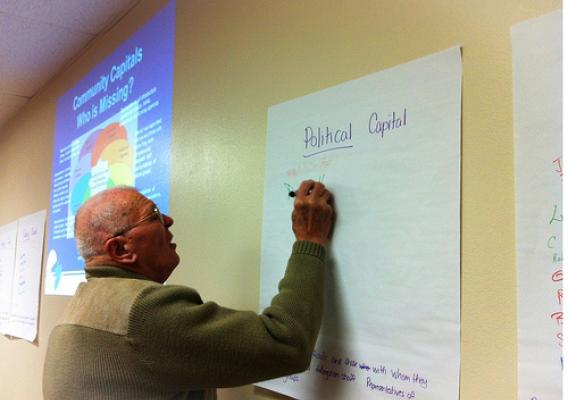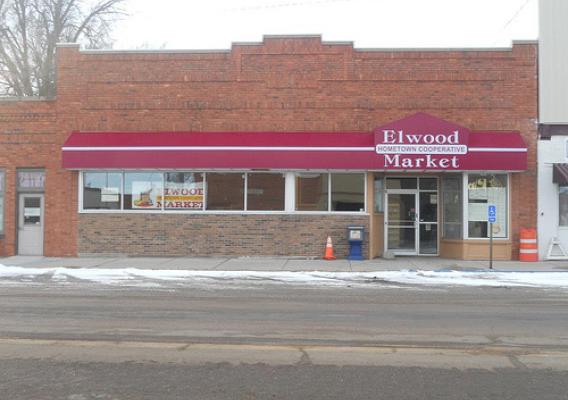Recently, Rural Cooperative Development funding helped to reopen a local Nebraska grocery store. The story goes like this.
The loss of a grocery store in a rural community can be a devastating blow, especially when it is the only, or at least major, source of local groceries. Not only do people then have to travel farther and expend more time and money to get their groceries, but it can also make it difficult on community pride and make it harder to attract new residents and businesses.
When the only grocery store in Elwood, Neb., closed in January of 2012, community leaders quickly responded, organizing a community meeting to consider opening a cooperatively owned grocery store. Jim Crandall of the UNL Nebraska Cooperative Development Center (NCDC), which receives funding from USDA Rural Development’s Rural Cooperative Development Grants, was the primary speaker at this first meeting to explain the concept of community ownership as a cooperative. The meeting attracted more than 100 people, almost all of whom felt that a grocery store was vital to the future of their community. Prior to and following the initial meeting, community leaders developed and distributed a survey to gauge interest in opening a co-op grocery store. The community response showed widespread support for the concept. A committed, hard-working steering committee was formed to begin the process of studying the feasibility of a grocery store, the cooperative business model, and creating pro-forma financials.







